Year of AI
Research
Advancing and Understanding Technologies
AI is one of the most complex and transformative achievements in human history.
Researchers across campus are investigating the drivers of complex and powerful new systems and working to ensure the use of AI as a transformative solution to challenges in research and society.
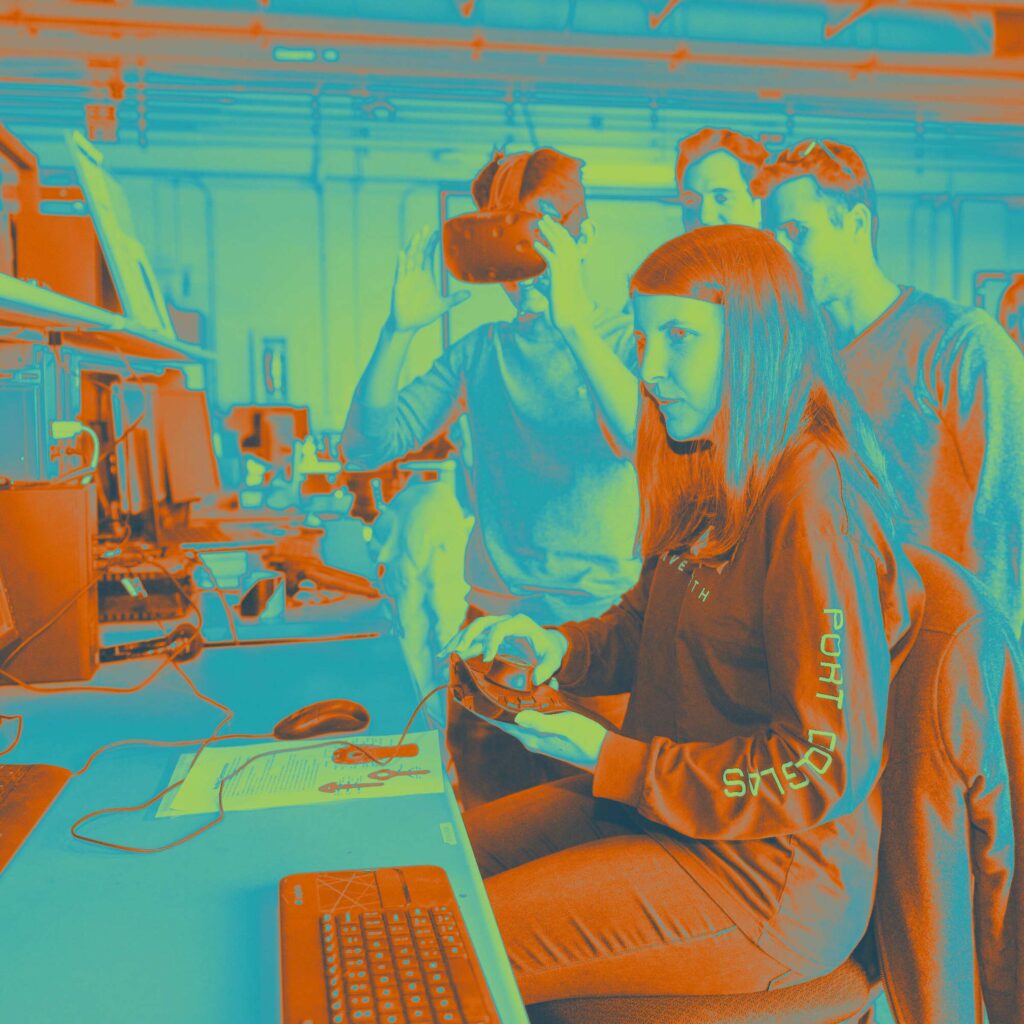
Machine Learning Lab
More than 60 faculty and scientists are leveraging machine learning to unravel the complexities of intelligence, automate cognitive processes and transform our understanding of a wide variety of fields to positively impact the world.
Institute for the Foundations of Machine Learning (IFML)
This NSF-designated collaboration between UT Austin, University of Washington, Microsoft Research and Wichita State University develops the key foundational tools for the next decade of AI innovation.
Center for Generative AI
Powered by a new GPU computing cluster that is among the largest in academia, the Center for Generative AI has a core focus on biosciences, health care, computer vision and Natural Language Processing (NLP). The new center is housed within UT’s interdisciplinary Machine Learning Laboratory.
Texas Robotics
Texas Robotics brings together experts from multiple laboratories to solve pressing challenges in social, surgical, rehabilitation, transportation, drilling, manufacturing, space, nuclear and defense contexts.
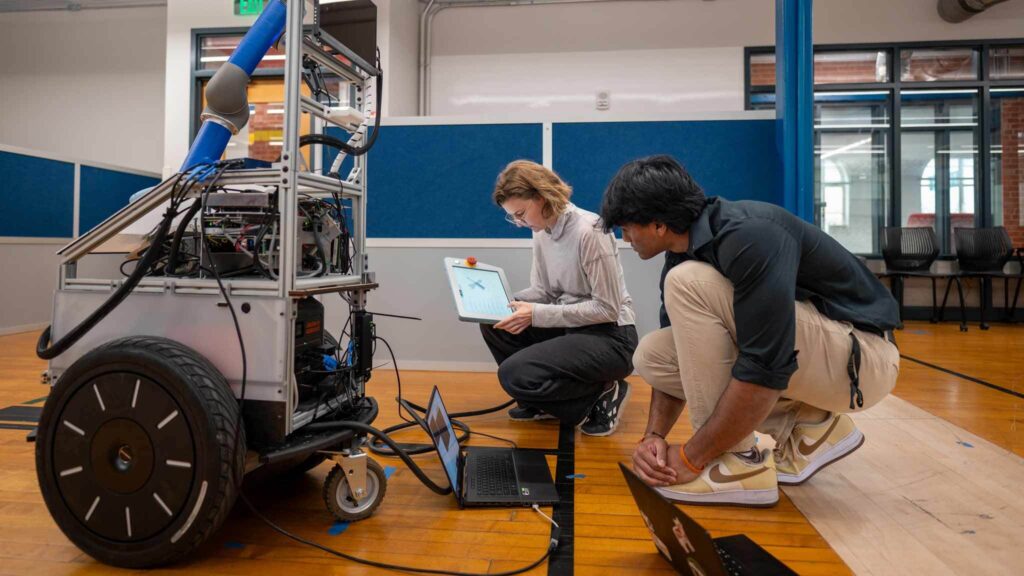
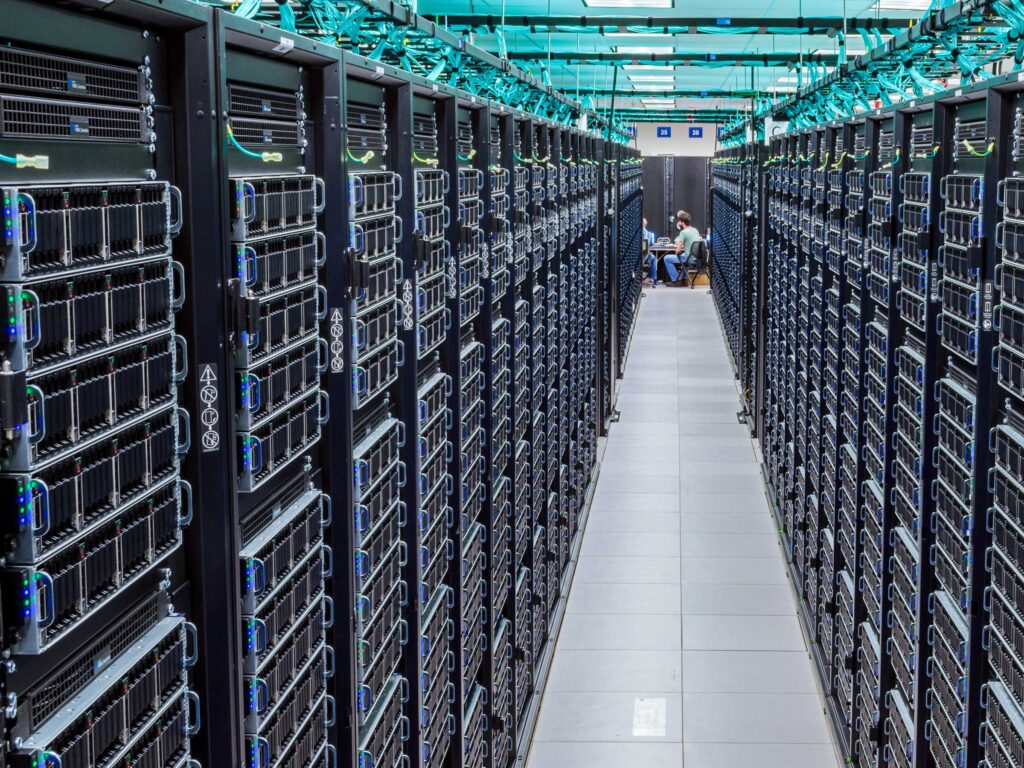
Texas Advanced Computing Center (TACC)
TACC designs and operates some of the world’s leading computing resources, including the world’s most powerful academic supercomputer, to enable discoveries that advance science and society.
Oden Institute
Twenty-five research centers and groups comprise the Oden Institute, which conducts interdisciplinary computing research, integrating foundational mathematical, statistical and computational elements to accelerate engineering innovation.
Addressing Ethical and Societal Impact
With a human-centered approach, AI can enhance our lives and environment.
Focusing on the design, development, deployment and regulation of AI technologies, UT Austin programs, centers and institutes are working to harness AI for good, mitigate potential risks and promote responsible innovation.
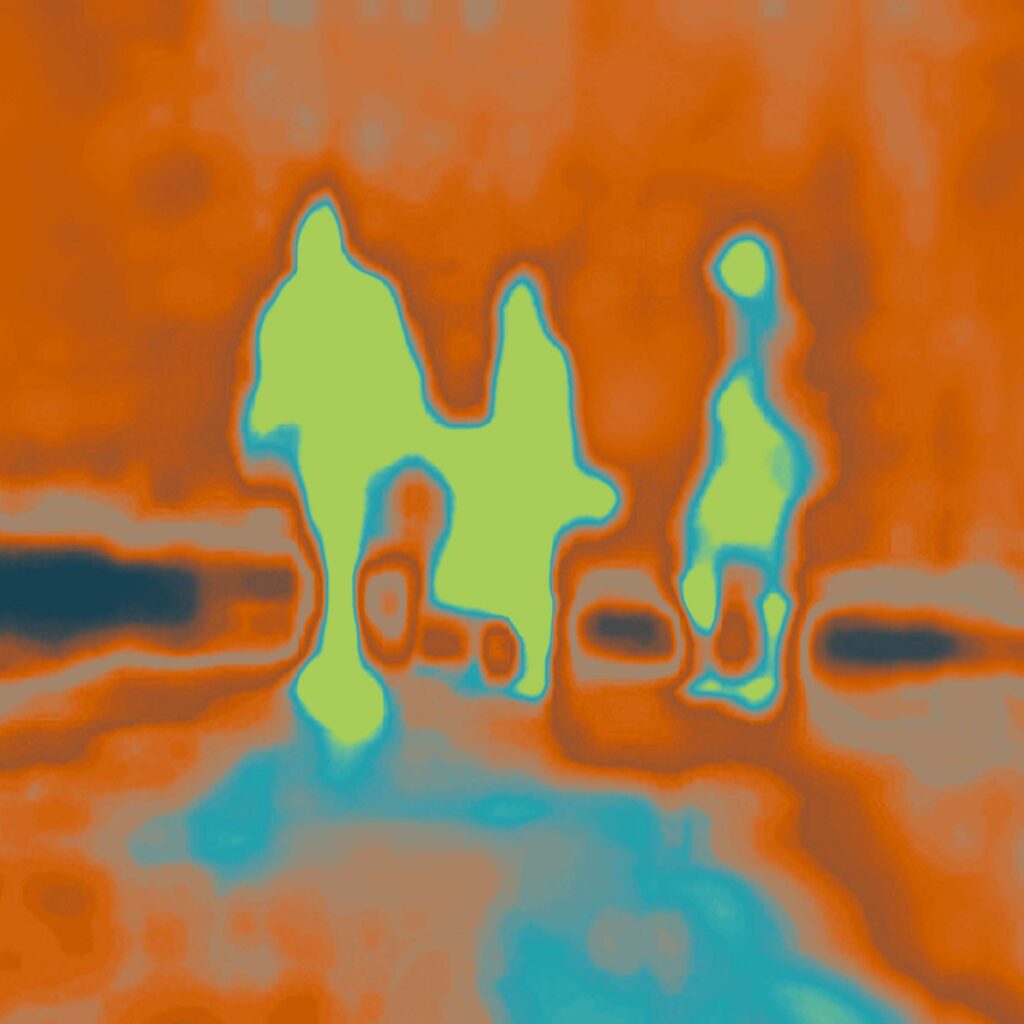
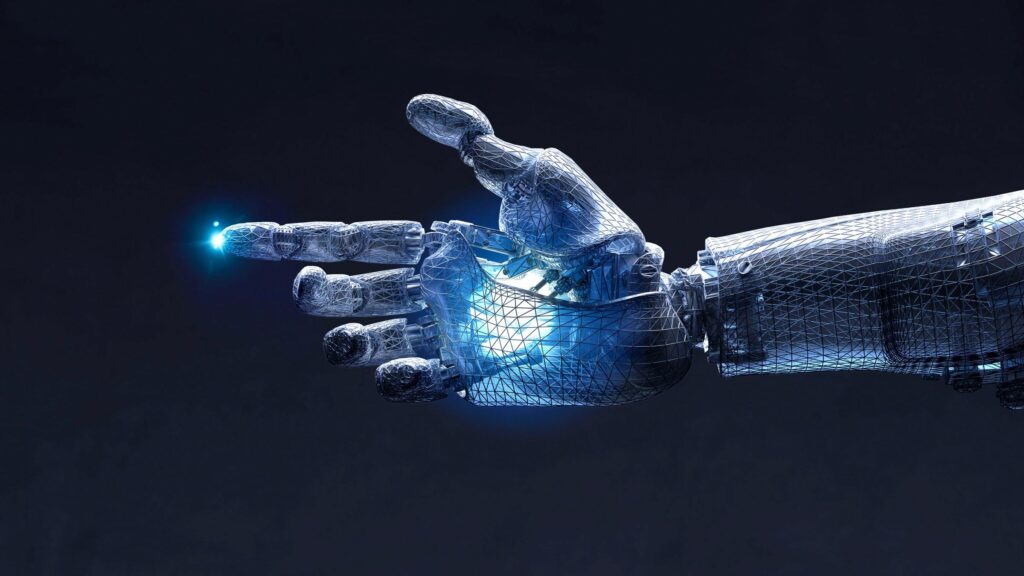
Good Systems
Good Systems, a Research Grand Challenge in the Office of the Vice President for Research, Scholarship and Creative Endeavors, works across disciplines to define, evaluate and build values-driven AI systems that benefit society.

Strauss Center for International Security and Law
The Consortium on Law and Ethics of AI and Robotics (CLEAR) integrates expertise from across UT Austin as well as public and private sectors to address emerging national and international challenges.



Technology and Information Policy Institute (TIPI)
Part of Moody College of Communication, TIPI researches how technology contributes to economic, political and social change and seeks to provide insights that inform public policies and programs focused on digital inclusion.

IC² Institute
Focused on cutting-edge research and innovation, the IC² Institute is committed to developing a sharper understanding of the relationship between technologies like artificial intelligence and human ingenuity.
Applying AI Across Sectors
The expansive applications of AI technologies inspire us to broaden our perspectives on how we can change the world.
UT Austin’s cross-disciplinary collaboration fuels innovative AI initiatives, accelerating research breakthroughs through diverse perspectives and deep expertise.
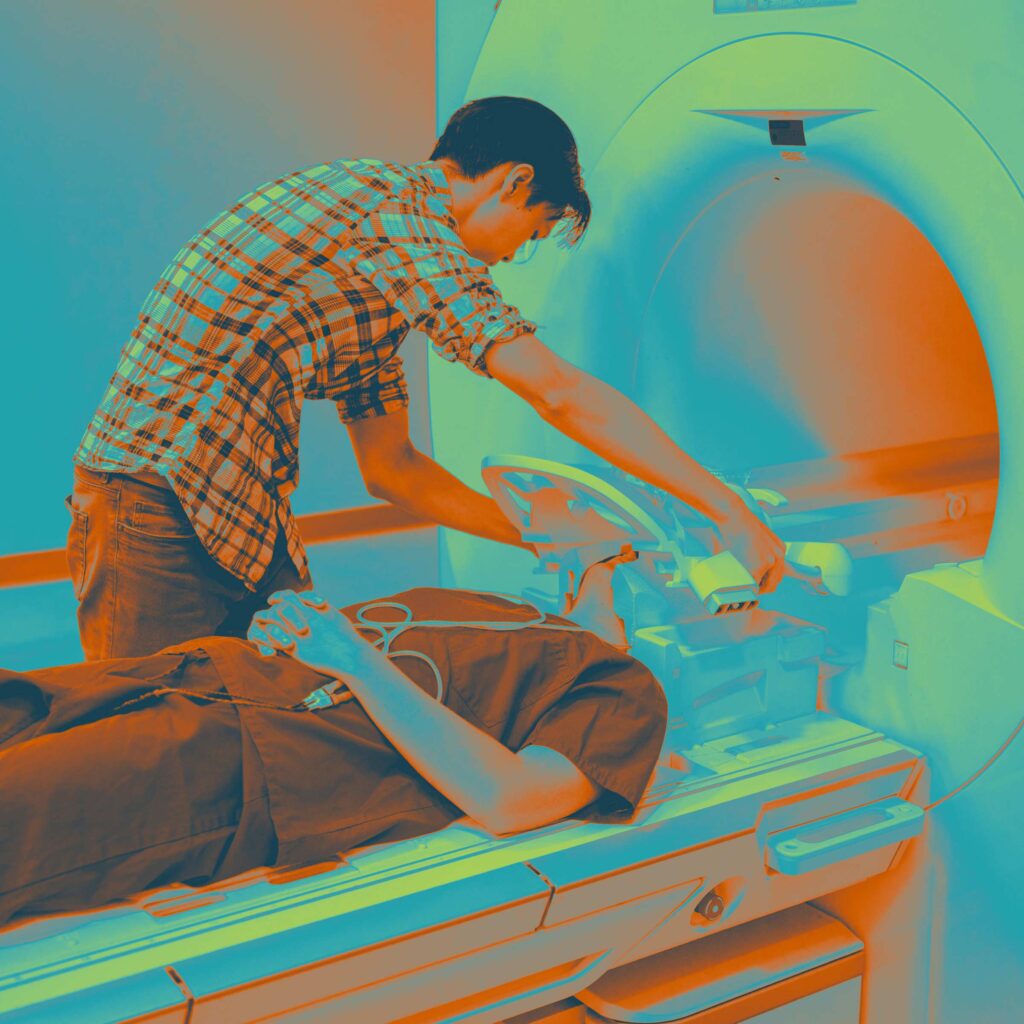

Initiative for Digital Humanities (IDH)
The IDH, part of the Humanities Institute in the College of Liberal Arts, provides a nexus for humanities and digital studies at UT, supporting research that applies digital technologies and computational methods to humanities questions and subjects technology to humanistic interrogation.
Center for Analytics and Transformative Technologies (CATT)
CATT, part of the McCombs School of Business, fosters collaboration between academia, students and industry leaders to advance research and tackle business challenges posed by AI and big data.
Texas Biologics
Biologists, drug developers and biomedical engineers are teaming with AI experts to reduce the long wait times between discoveries stemming from fundamental research to development and deployment of groundbreaking vaccines and therapies.
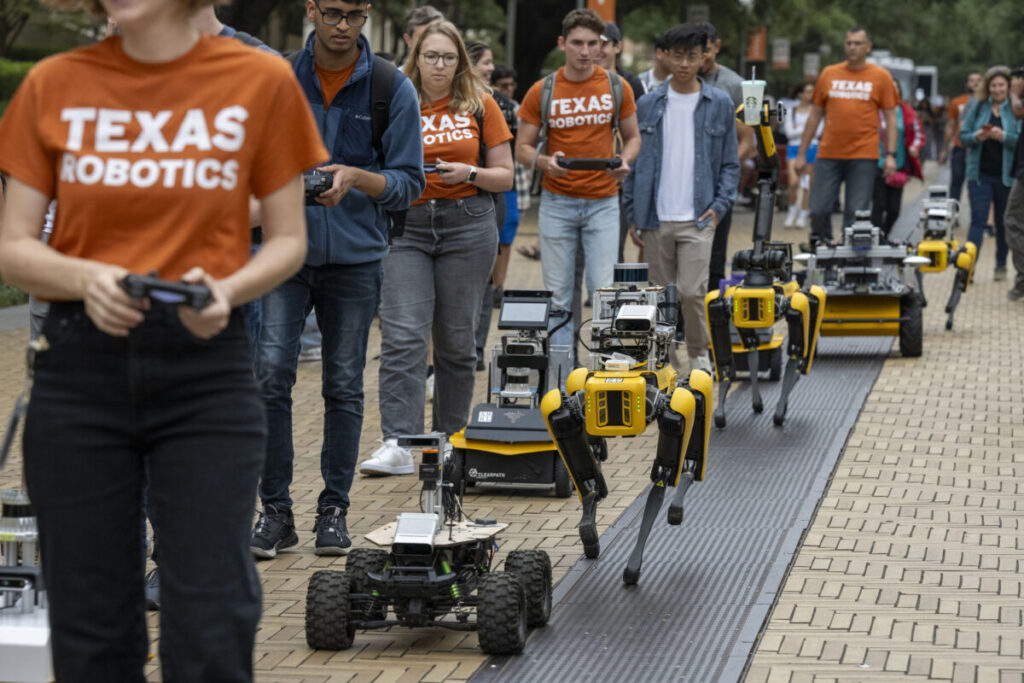
See our research in action
Explore partnerships, collaborative research opportunities and ways to support student success.